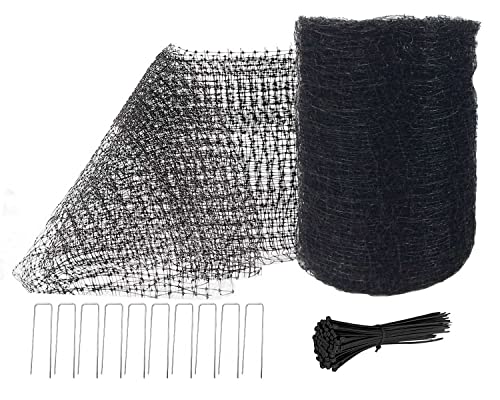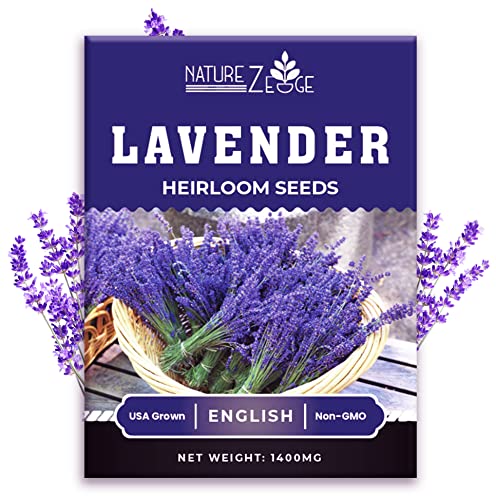As a passionate nature lover and someone curious about all things deer-related, I often wonder: do deer eat raspberries? Let’s find out! In this post, I’ll also share tips on protecting your raspberry harvest from these wildlife creatures.
Do Deer Eat Raspberries?
The short answer is yes, deer do eat raspberries. Raspberries are a relatively easy source of food for deer to find out in the wild, as the fruits fall off the bushes and onto the ground. However, it’s difficult to predict whether your raspberry plants will be safe from deer, as they tend to forage on whatever food sources are available to them at the time. So, if you have raspberry plants on your property, it’s best to be prepared for the possibility of a deer invasion.
Signs of Deer Damage
It’s not difficult to identify whether your raspberry plants have been damaged by deer. One tell-tale sign is the ragged, broken ends of browsed branches. Additionally, the damage from deer is higher off the ground compared to other smaller mammals. Other factors to pay attention to are the number of broken branches or half-eaten fruits left behind. If you notice these signs, it’s important to take responsive measures to protect your raspberry crop.
Ways to Protect Raspberry Plants from Deer Damage
There are several effective ways to protect your raspberry plants from deer damage, including physical barriers, repellents, and companion planting.
1. Physical Barriers
Building walls or fencing around your raspberry plants can be an effective means of keeping deer at bay. However, deer are notorious for finding ways to access food, so it’s important to ensure walls are high enough and that other gaps have been closed off entirely. You’ll need to monitor them regularly to ensure that they’re in full form and functional. Otherwise, deer will inevitably get inside and help themselves to your plants.
Make sure that your fence is at least 8 feet tall and that deer can’t see what’s on the other side. In this way they will be much less likely to jump, because they don’t know where they are going to land.
An electric fence can also be very effective. This is best for more rural areas.
2. Repellents
Another effective option is to use natural repellents. Deer are deterred by the scent of citrus fruits, garlic, vinegar, and certain essential oils. You can spray these scents around your garden or mix them into a spray to apply directly to your raspberry plants.
You can also purchase commercial deer repellents at your local hardware store or online, but ensure you read the label and consider the harm potential of these products before using them.
3. Companion Planting
Alternatively, you can use companion planting to distract deer away from your raspberry plants. Certain plants such as lavender, boxwood, and mint can be planted next to your raspberry plants. Deer tend to avoid eating these plants, which can draw deer attention away from your raspberry bushes. However, do keep in mind that companion planting should be applied in a plan or specific manner as it could impact the overall yield from your raspberry bushes otherwise.
4. Scare Tactics
Frightening deer can be an option too. You can use shiny objects, or wind chimes that move in the wind. You can also scare them by using motion-activated devices that spray water. Deer view these as threats and will avoid your garden.
5. Fake Predators
Setting up a decoy like a fake owl, snake, or even human hair can scare deer into thinking there are predators around. These will make deer more cautious to enter your garden and will be likely to find another feeding ground.
6. Motion Activated Lights
Deer are creatures of the night and setting up motion-activated lights can be a good way to scare them off. They don’t like unusual brightness or sudden shadows which will cause them to flee.
7. Electronic Repellents
Electronic devices can be used to emit ultrasonic sounds or timed distress calls to scare deer away.
8. Human Presence
Sometimes a human presence is enough to scare deer off from your garden. Moving around frequently can be enough to convince them to avoid the area.
9. Get a dog
Dogs are natural predators. As such, are excellent at keeping deer out of your property and raspberry plants. Just make sure to get a dog of medium or large size for the job.
FAQ
What wildlife consumes raspberries?
Raspberries are a popular sweet treat among a variety of wildlife. Wild animals often feed on raspberries in their natural habitats, ranging from small critters like squirrels and rabbits to larger foragers like deer and raccoons.
To protect your raspberry plants from these pesky visitors, it is recommended to use netting or pest repellent. Additionally, planting deer-resistant garden plants like yarrow and poppies can deter deer from munching on your berry bushes.
What’s the top deer deterrent recipe for home use?
If you’re tired of deer gobbling up your garden plants, you might want to try a homemade deer repellent. There are many different recipes out there, but one popular method involves mixing together garlic, eggs, hot sauce, and water.
The strong scent and taste of these ingredients can help deter deer from chowing down on your plants. Another option is to use a mix of bars of soap cut up into pieces and hung from trees around your garden. The smell of the soap can confuse and repel deer, keeping them away from your precious plants.
Conclusion
So, do deer eat raspberries? The answer is yes, they do! But that doesn’t mean you should just give up on growing your own delicious harvest. With a few simple measures, you can protect your raspberries from those pesky deer and enjoy the fruits of your labor.
From fencing and repellents to selecting deer-resistant varieties, there are plenty of options to keep your raspberries safe. So, don’t let those hungry deer ruin your future harvest. Take action and implement these strategies to protect your raspberries and enjoy a bountiful crop for years to come.
You may also be interested in reading:










